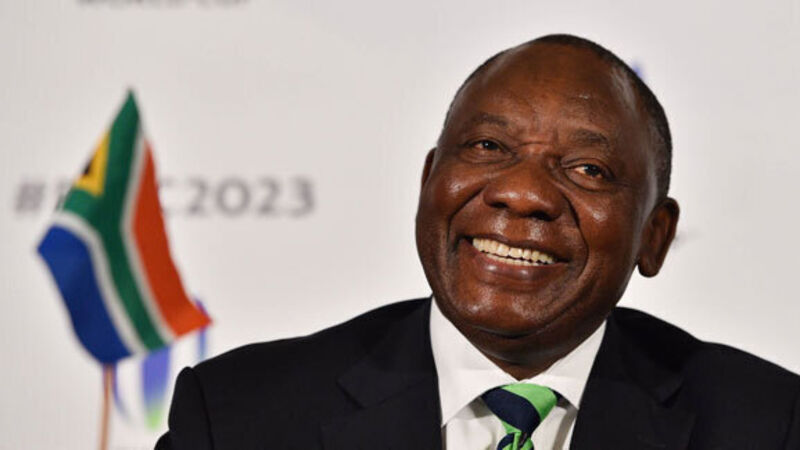Bit of old-school wheeler-dealing still has a place in bidding process

The recommendation, announced yesterday, will be presented to World Rugby’s council on November 15 for its 39 delegates to vote on with the South Africans now in pole position to be endorsed as tournament hosts for the second time in 30 years.
France is also hoping to stage the event but at least can have the 2024 Paris Olympics to focus on.














